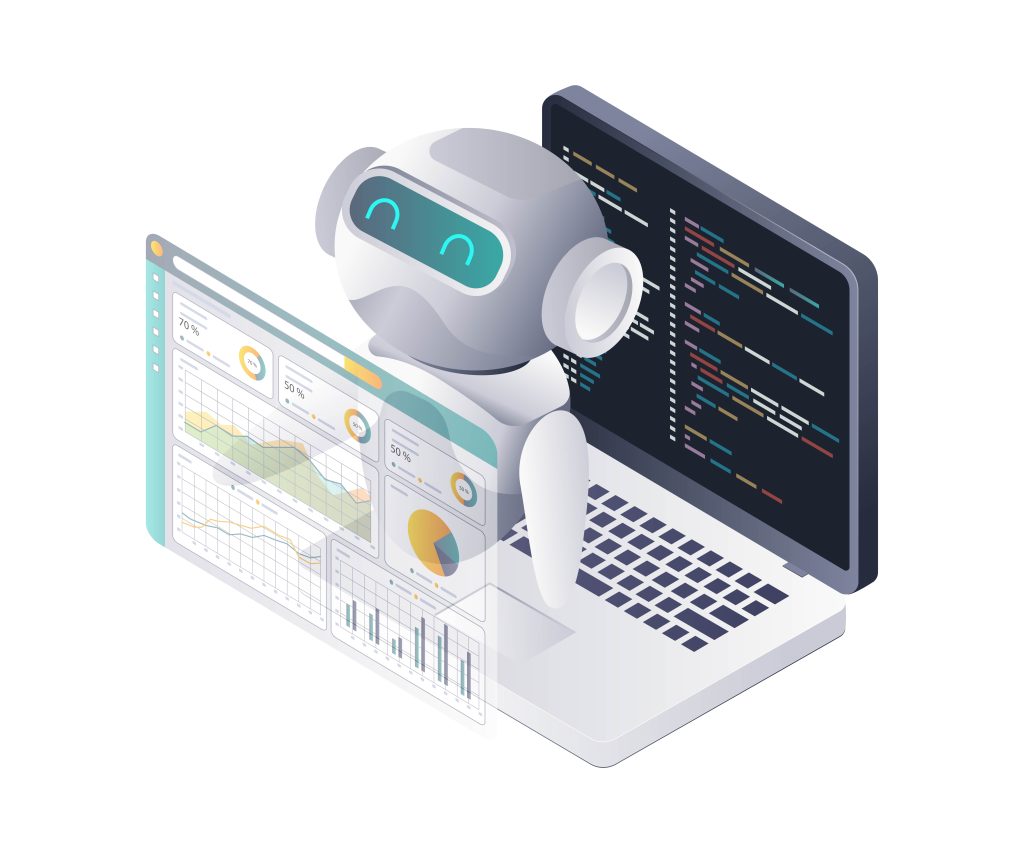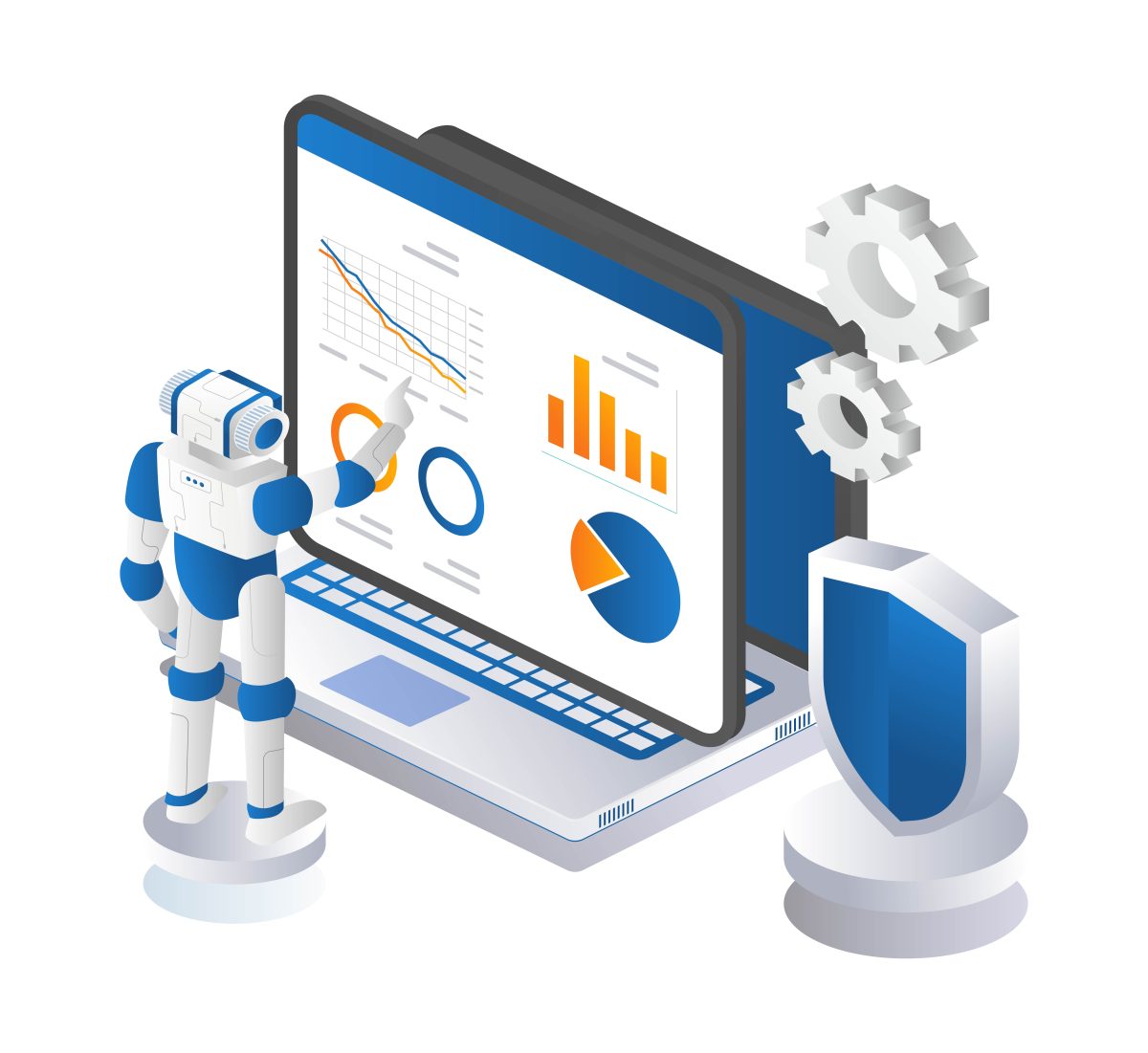Artificial Intelligence (AI) has transformed many industries by automating processes, improving decision-making, and driving innovation. However, the rapid growth and increasing complexity of AI systems have brought about new challenges, particularly in monitoring and ensuring the reliability of AI-driven workflows. This is where AI observability comes into play. By providing visibility into AI models, algorithms, and processes, AI observability ensures that systems function as intended while allowing businesses to optimize operations and troubleshoot issues swiftly.
In this blog, we will explore the importance of AI observability, its benefits, and how it can transform workflows in small and medium-sized businesses (SMBs). We will also examine how a cutting-edge tool like Stratpilot enhances AI-driven workflows for businesses, ensuring smoother operations and better collaboration.
By – Vamsi Bumireddy (CTO)
What is AI Observability?
AI observability refers to the practice of monitoring, tracking, and understanding AI system behaviour in real-time. Similar to traditional observability for IT infrastructure and applications, AI observability provides insights into the internal workings of machine learning (ML) models, data pipelines, and AI-driven processes.
With AI observability, businesses can gain deeper visibility into the following aspects:
Model Performance
Continuously monitor the accuracy, bias, and drift in AI models over time.
Data Quality
Track the data feeding into AI systems, ensuring that it is clean, relevant, and up to date.
Error Detection
Quickly identify and resolve any issues, such as incorrect predictions or unexpected behaviour.
AI Lifecycle Management
Monitor the deployment, maintenance, and updates of AI models and systems.
Why AI Observability is Critical for Businesses
-
Ensures Model Accuracy
AI systems often operate in complex, dynamic environments. Regular monitoring ensures that the models adapt and perform as expected, reducing the likelihood of errors and inaccuracies that could impact business decisions.
-
Improves Decision-Making
By gaining a deep understanding of how AI models are functioning, businesses can make more informed decisions based on trustworthy data. AI observability helps to validate outputs and identify areas of improvement.
-
Boosts Trust and Transparency
Observability provides transparency into AI models’ inner workings, allowing businesses to build trust with stakeholders, customers, and regulators. Understanding how decisions are made can mitigate concerns related to bias, fairness, and accountability.
-
Optimizes Resources and Reduces Downtime
By identifying inefficiencies and errors in real time, AI observability helps optimize resource usage and reduces the likelihood of costly downtime. This is especially beneficial for SMBs where resource constraints are common.
-
Enhances Scalability
As businesses grow, so do the complexities of their AI systems. AI observability allows businesses to scale their AI infrastructure smoothly, ensuring that the transition from small to large-scale operations is seamless.
 How Stratpilot Enhances Workflow with AI Observability
How Stratpilot Enhances Workflow with AI Observability
Stratpilot is a cutting-edge AI tool designed to optimize workplace management, productivity, and work-life balance, particularly for small and medium-sized businesses (SMBs). By leveraging AI observability
With its integrated AI observability capabilities, Stratpilot helps employees manage workloads effectively by providing insights. This promotes better work-life balance, allowing teams to focus on high-priority tasks without burnout.
Stratpilot helps ensure that all systems and processes work in harmony, minimizing disruptions and improving collaboration across teams.
Conclusion
AI observability is an essential practice for any business looking to optimize its AI systems and workflows. By offering real-time insights into AI performance, data quality, and model behaviour, companies can ensure that their systems operate smoothly, make more informed decisions, and scale effectively.
Tools like Stratpilot are pivotal in enhancing workflow efficiency for small and medium-sized businesses (SMBs). By centralizing communication and providing actionable insights, Stratpilot ensures that businesses can improve productivity and work-life balance.
Ready to transform your workflow? Sign up for Stratpilot today!
Frequently Asked Questions (FAQs)
1. What is the difference between AI observability and AI monitoring?
AI observability is broader and deeper than AI monitoring. While monitoring focuses on tracking system health and alerting when issues arise, observability provides a more comprehensive understanding of the entire AI system’s performance, behaviour, and decision-making process. It helps businesses identify the root causes of problems and optimize AI models over time.
2. How can AI observability improve my business’s decision-making?
AI observability ensures that the data feeding into AI systems is clean, accurate, and up-to-date. By tracking model performance and understanding how decisions are made, businesses can rely on trustworthy insights that improve decision-making, reduce risks, and uncover new opportunities.
3. Can Stratpilot help businesses scale their AI systems?
Yes, Stratpilot supports businesses in scaling their AI systems. Stratpilot allows businesses to grow smoothly while maintaining the efficiency and accuracy of their AI systems.
4. How does Stratpilot improve team collaboration?
Stratpilot enhances team collaboration by offering shared access to real-time insights and seamless communication tools powered by AI. It enables teams to work cohesively through collaborative workspaces, contextual suggestions, and tailored resources, fostering alignment and better decision-making.





